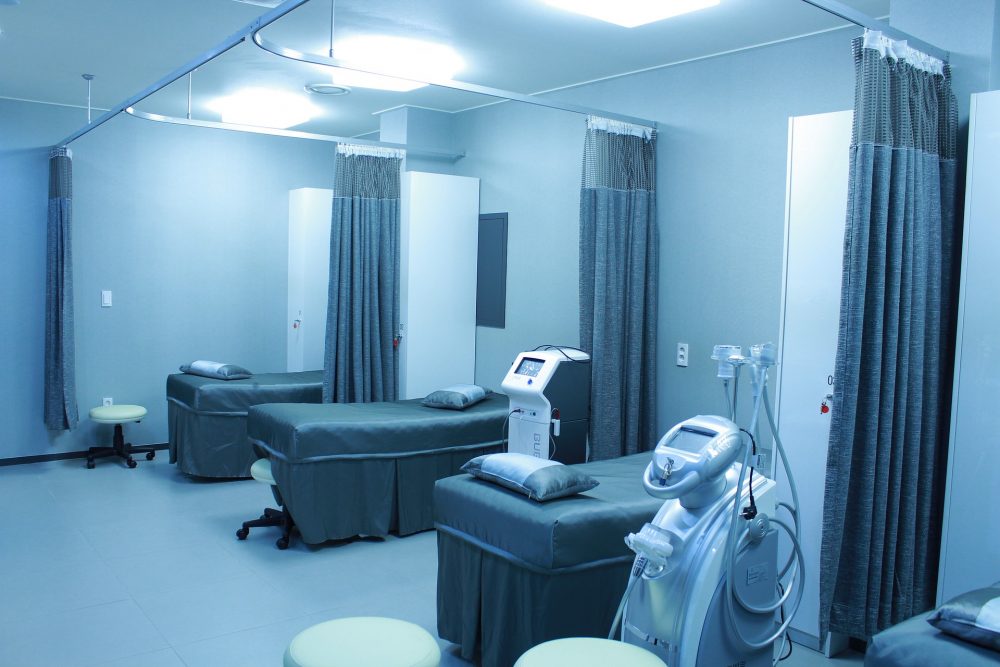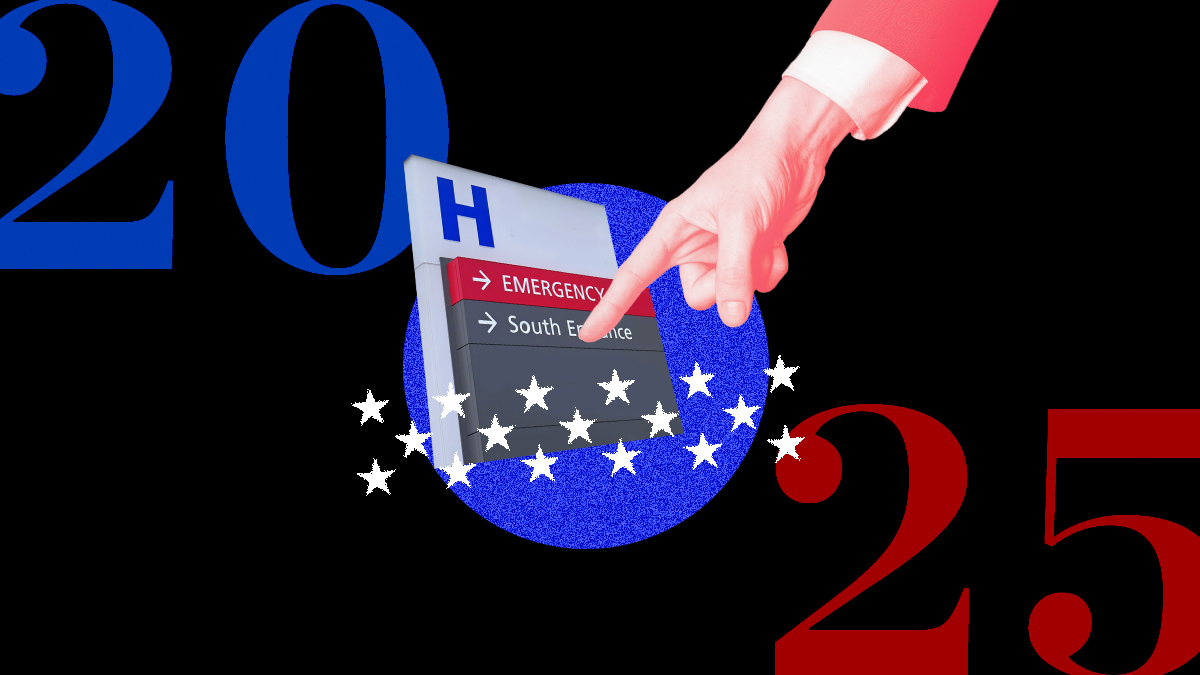Here’s How the Pandemic Impacts Birth Control Access—And What We Can Do About It


Put this one in the “we really should have seen it coming” file: COVID-19 and the recession have made it harder to get birth control.
If you’ve had trouble getting access to birth control recently, you’re not alone. In one study, more than a quarter of folks were worried they couldn’t afford their birth control because of the economic situation, including about one in three Black, Latina, and queer women. And one third of people in the survey had problems seeing a health provider for birth control since the pandemic.
Millions of people have lost jobs or income—with women of color, disabled women, and immigrant women especially hard hit. Losing your job often also means losing health insurance, including birth control coverage. So more people are turning to family planning clinics that serve uninsured and low-income people, even though family planning services are already stretched thin because of underfunding and attacks by the Trump Administration.
All that means that it’s harder to get birth control at a time when getting it is even more important than usual for some folks. Demand for birth control typically goes up during crises—like a pandemic or recession. More than one in three people in a survey said they wanted to get pregnant later or have fewer kids because of the pandemic, and all signs suggest that’s likely to continue during the recession. All of us should have the chance to decide if getting pregnant is the right choice for us now—and that decision shouldn’t depend on whether we can get birth control.
But here’s the good news: barriers to accessing birth control aren’t inevitable. There are lots of things state and federal policymakers can do to prevent them or soften their impact:
- Make birth control affordable for everyone. Expand and strengthen Medicaid coverage, fund and support family planning services, and get rid of funding restrictions and harmful policies like the Title X gag rule.
- Make it easier to get a hold of birth control. Allow pharmacists to prescribe birth control so that people can skip the doctor’s office, help family planning services meet the growing demand, and make it easier for people to use telemedicine.
- Make sure that people can access birth control safely during the pandemic. Give family planning clinics and reproductive care providers the funding and protective equipment they need to continue to do their jobs.
If you’re interested in learning more, check out this handy brief we put together. And if you have problems getting your birth control covered during the pandemic (or for any reason!), our free CoverHer hotline can help.





